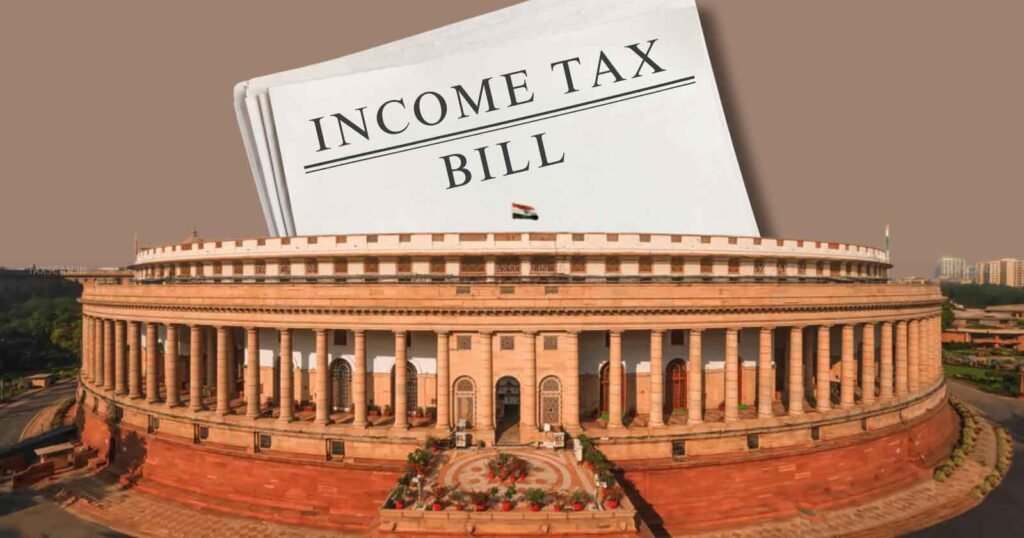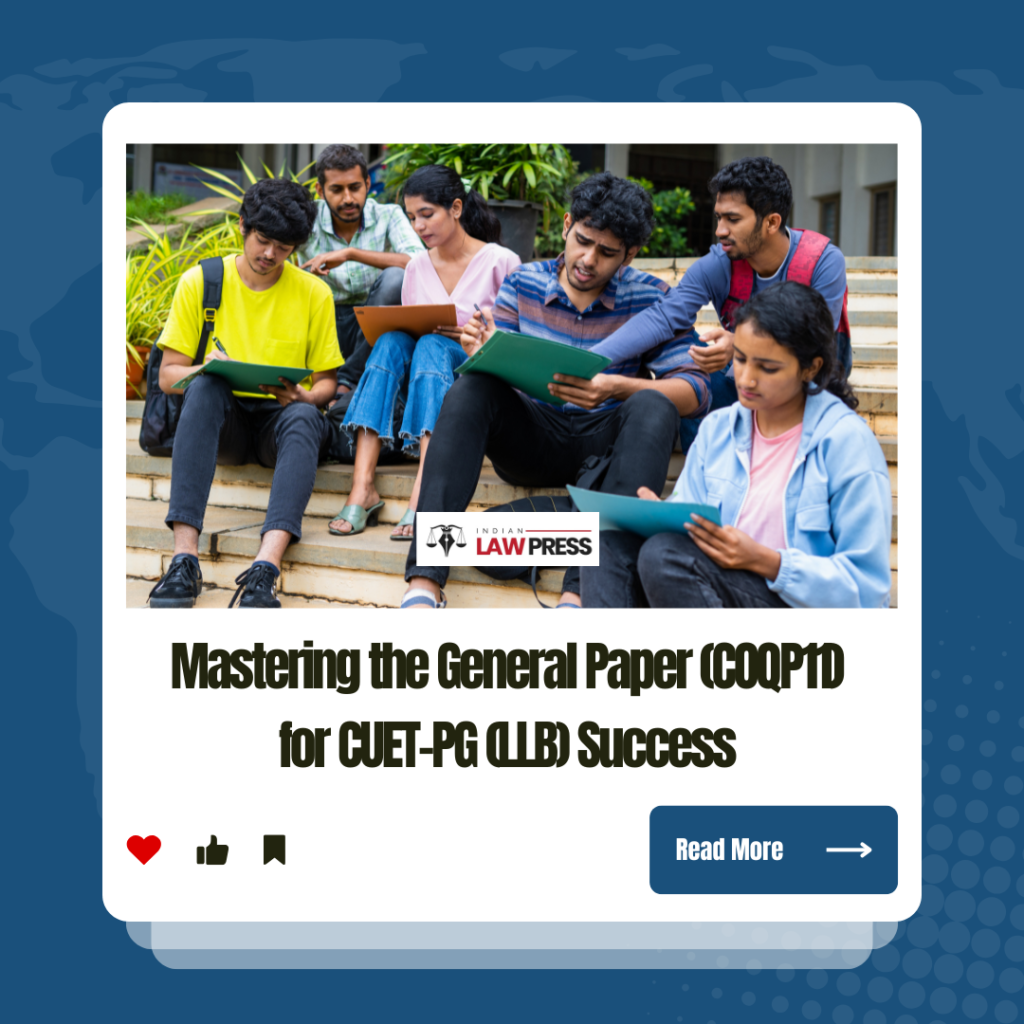Delhi High Court discusses the legal concept of “alienation of affection,” clarifying that a spouse can sue their partner’s lover for interfering with marriage and seek damages. Learn what this means for family law and students preparing for law exams.
Introduction
In a significant observation, the Delhi High Court has shed light on the concept of “alienation of affection” — a legal remedy that allows a spouse to sue a third party for interfering in a marriage. The court stated that if a spouse’s lover is responsible for disrupting marital harmony, the aggrieved spouse may claim damages in civil court.
This decision has sparked discussion among legal scholars and students, as it highlights an interesting intersection of family law, tort law, and individual rights.
What is Alienation of Affection?
Alienation of affection is a civil wrong (tort) where a third party intentionally interferes with the marital relationship, causing loss of love, companionship, or consortium. This concept, though more widely recognized in foreign jurisdictions like the United States, is not unheard of in India.
The Delhi High Court’s observation revives this principle by allowing an affected spouse to file a civil suit seeking monetary compensation for the emotional harm caused.
Delhi High Court’s Observation
The court clarified that:
- A spouse can sue a third party (such as the partner’s lover) if they can prove that the third party played a direct role in breaking the marriage.
- This is not a criminal case but a civil claim, meaning the focus is on compensation rather than punishment.
- The claim must be supported with evidence of deliberate interference with the marital relationship.
Why This Matters for Law Students
For students preparing for CLAT, AILET, Judiciary, or other law exams, this case is a great example of how courts interpret personal relationships under civil law. It also helps in understanding:
- Tort of Alienation of Affection
- Right to Consortium
- Civil Remedies in Matrimonial Disputes
- Such cases often appear in essay questions, legal reasoning sections, and case law-based MCQs.
Conclusion
The Delhi High Court’s discussion on alienation of affection underscores that marital relationships are not just private matters but can involve civil liability if a third party’s interference causes harm. This ruling encourages legal discourse on the balance between personal freedom and protection of marital rights.
For law aspirants, this is a perfect case to cite in family law or tort law answers.
Also Read: UP APO Exam 2025: Syllabus Exam Pattern – Complete Guide for Aspirants





